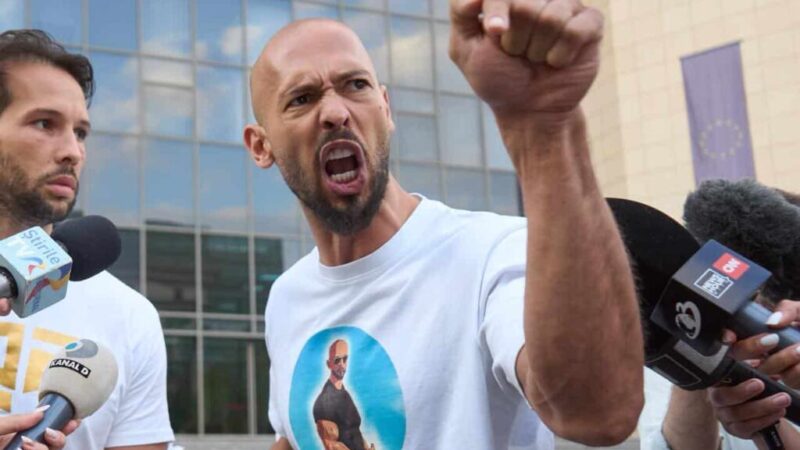MicroStrategy’s Saylor Reveals What Bitcoin (BTC) Really Is
Michael Saylor, the head of MicroStrategy and a vocal Bitcoin (BTC) advocate, recently shared a bold thought on X, offering his take on a legal debate that has been getting a lot of attention. The debate is all about a case called C.S. Lawn & Landscape, Inc. v. U.S. Department of Labor, where the U.S. Department of Justice (DOJ) said money is not necessarily private property.
The government used this case to justify seizing $50,000 from a small business, claiming that cash is not really property, which has raised some serious questions about financial autonomy and property rights.
Saylor had a pretty simple response, but it did not need to be any more complicated to get his point across. He said again that Bitcoin, unlike regular currencies, actually represents real property.
For Saylor and many others in the crypto community, BTC is not just another digital asset — it is a way to protect financial sovereignty, independent of government control or the legal ambiguities that often surround traditional money.
Bitcoin is Property https://t.co/oBh6yx8K3X
— Michael Saylor⚡️ (@saylor) February 1, 2025
This is part of a bigger conversation that has been going on for years, especially about how digital assets, including Bitcoin, are viewed by governments and courts. Some places have been clearer about the legality of BTC.
In China, for example, Bitcoin and other cryptocurrencies are seen as legal property, meaning people can hold them within the country’s legal framework.
Saylor’s comments are in line with what a lot of Bitcoin fans think, which is that having digital assets that are not controlled by any one government is important in protecting people against the government acting against their rights.
His company, MicroStrategy, is really pushing this idea, spending a lot of money on Bitcoin as a better way to store value than traditional currencies that the government controls.




